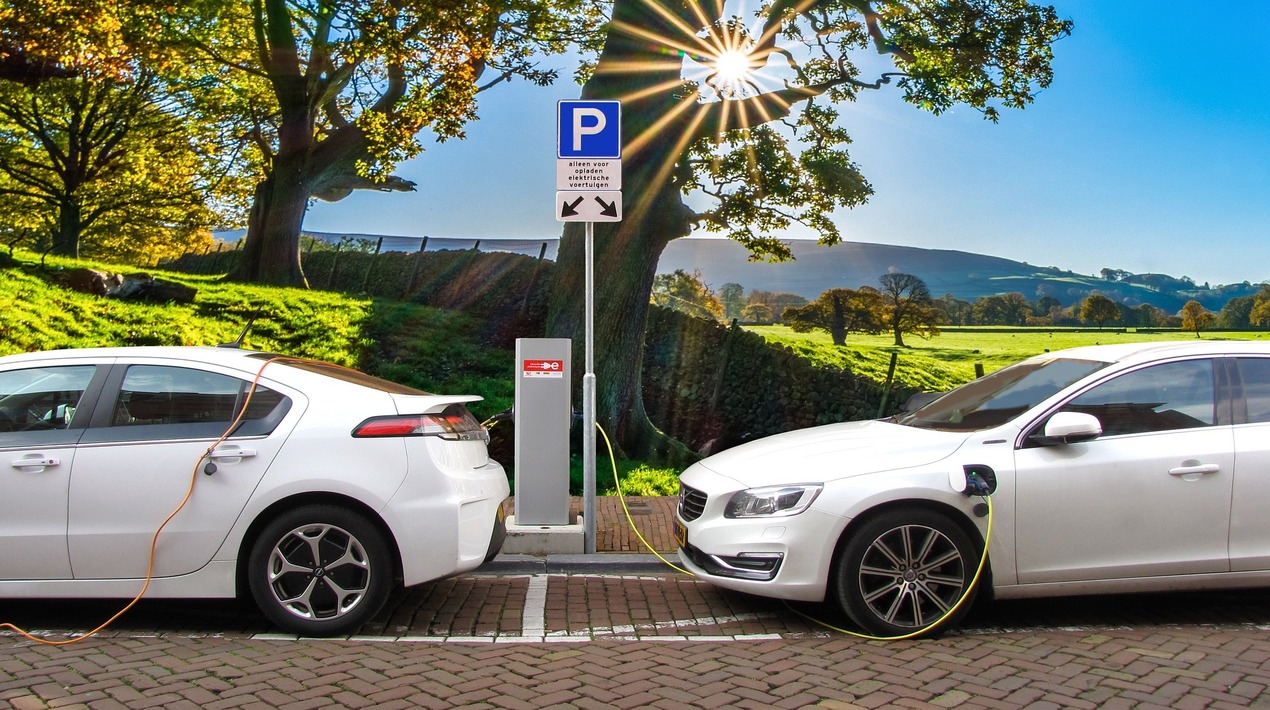
Given the limited driving range and recharging requirements of battery electric vehicles, drivers of electric vehicles are assumed to plan tour routes and recharging plans concurrently to minimise travel and recharging time while ensuring that they do not run out of charge before completing their tours.
According to a state-owned electricity company, Indonesia will require more than 31,000 new electric vehicle (EV) charging stations by 2030 to meet government targets. According to the station development road map, private and public players will need to invest Rp 54.6 trillion (US$ 3.7 billion) over the next ten years to install 31,000 commercial charging stations.
The Indonesian state-owned oil and natural gas corporation and the Agency for Technology Assessment and Application are working together to build clean energy infrastructure based on electric batteries by constructing a Public Electric Vehicle Charging Station (SPKLU). Two SPKLUs, each located at Jalan Lenteng Agung and MT Haryono Jakarta Petrol Stations, have been operating.
The Minister of Transportation was confident that there will be lessons learnt that could become inputs for the ministry to ensure the transition of facilities and infrastructure that is more environmentally friendly and reliable and that can be carried out as well as possible.
According to the Director-General of Electricity, the battery-powered electric vehicle initiative is part of the energy transition and aims to promote cleaner, more efficient energy use while reducing fuel imports. As a result, it can save foreign currency and fuel subsidies in the long run.
“We appreciate the oil and natural gas corporation efforts to carry out business transformation in response to global developments. This transition will not be easy, but we believe it can be accomplished thanks to the company’s experience and competitiveness. The oil and gas company will be able to make a significant contribution to the development of electric vehicle infrastructure,” he said.
As a state-owned enterprise dominated by fossil energy, the oil and gas company’s transformation would be carried out significantly and quickly. Commitments to energy transition would also be taken seriously and involve a massive programme. These objectives have been incorporated into the company’s operations, either directly or indirectly, as part of the Environment, Social, and Governance (ESG).
In addition, the company measured carbon emissions over the previous ten years and achieved a 29% reduction in carbon emissions from 2010 to 2020. It will be improved further, including the transportation sector, which accounts for 23% of carbon emissions.
This transportation sector must implement specifications. For that, the nation’s oil and gas company had cooperated with various parties to develop SPKLU, one of which is with the Agency for Technology Assessment and Application. Three locations are being developed, and they are already operating.
To assist the government in developing the electric car industry, the company is engaged in its mid-stream industry, namely the development of an electric battery ecosystem in collaboration with other SOEs in the IBC (Indonesian Battery Corporation). The company had collaborated with other parties for sub-batteries, which are used in a variety of tourist areas by leasing electric motor vehicles.
They will also, shortly, launch a green energy station, where currently around 100 gas stations have been installed with solar PV so that the electricity is green energy and will be equipped with SPKLU.
Currently, Indonesia’s oil and gas company has initiated SPKLU Pilots in 6 locations. It includes SPKLU at Fatmawati gas station, South Jakarta, inaugurated on December 10, 2020, SPKLU at Kuningan gas station, and SPKLU at Soekarno Hatta Airport, which is currently under construction. The other three SPKLUs are in synergy with the Agency for Technology Assessment and Application, located at Puspitek BPPT Serpong.
The company plans to convert 250-300 gas stations into green energy stations this year. In contrast, customers who purchase fuel from green energy stations will be rewarded. It demonstrates the company’s commitment to promoting a renewable energy mix as part of the country’s energy transition.
















